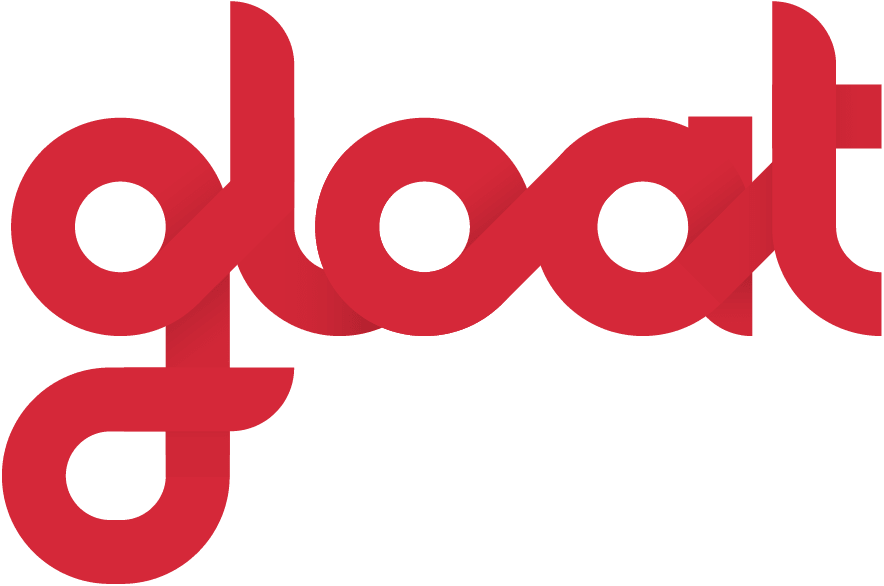The talent marketplace resolutions you need for 2024
Set these goals if you want to improve turnover in 2024

We’re not just entering a new year; we’re on the brink of an entirely new chapter of work. So it only makes sense that the same old retention strategies are becoming obsolete. Instead of simply tweaking your approach, it’s time to embrace new frameworks that will enable you to pivot quickly and empower your people to reach their full potential.
When it comes to unlocking agility, there’s one solution that makes it all possible: the talent marketplace. During COVID-19’s onset, visionary organizations leveraged these platforms to overcome unprecedented disruption. And now, as the new war for talent intensifies, more businesses are following in their footsteps and harnessing marketplace dynamics to match their people to meaningful opportunities.
Whether you’re one of the pioneers that launched a talent marketplace years ago or it’s something on your 2024 roadmap, there are a few goals that every organization should have for their platforms in the new year. Keep reading for the top talent marketplace resolutions that leaders should prioritize to thrive in the new world of work.
Start seeing skills gaps before they emerge
We all know that upskilling and reskilling are prerequisites for achieving success in our next chapter. The number of skills required for a single job is climbing by 6% annually and 40% of HR leaders report that skill development solutions can’t keep pace with their organization’s evolving needs.
So what’s the secret to getting ahead of critical competency gaps? It starts with building something that most businesses currently lack: a full picture of the skills within their organization. Right now, two in five HR leaders acknowledge that they don’t know what skills they have in their workforce.
Until recently, skills tracking had been primarily manual, making it cumbersome and virtually impossible to keep up-to-date. Fortunately, today’s talent marketplaces are built on a rich data, insights, and artificial intelligence layer, which provides predictions on future skills gaps and hiring needs. Leaders can use new offerings like skills management consoles to gain a 360-degree view of the competencies within their organization, so they know what skills to prioritize next.
Revamp upskilling and reskilling
Once you understand your workforce’s existing skills, you can use these insights to launch an upskilling and reskilling strategy centered around its competency gaps. But how can you make sure your skills building initiative is really impactful, especially when so many are falling flat?
Rather than relying on L&D content alone, employees need the chance to put the lessons they’re learning into practice. As Amanda Nolen, co-founder of the educational transformation consultancy NilesNolen, explains, “Learning requires involvement beyond binge watching videos. Would you let a surgeon operate on you if she has binge-watched videos of other doctors in the operating room? Building real skills, let alone expertise, needs a lot more than that.”
Talent marketplaces can take upskilling and reskilling to the next level by matching employees to experiential learning opportunities, such as projects, mentorships, gigs, and shadowing.
“The talent marketplace, if it’s done correctly, is what encapsulates the learning experience. It becomes the place where people can actually apply and do the learning that they participated in in the classroom.
Take DEIB efforts to new heights
Promoting diversity, equity, inclusion, and belonging (DEIB) should be much more than a talking point; it needs to be part of your organization’s DNA. Along with expectations of greater empathy and an increased sense of autonomy, employers are facing increased pressure to improve equity and inclusion within their organizations.
If you really want to level the playing field, you need to recognize one key truth: we’re all biased. Even the most diplomatic, open-minded individuals have a set of underlying assumptions that unconsciously skew their viewpoints and sway their decisions. Yet, talent marketplaces have enabled us to pretty much take bias out of the equation. Since the platforms are powered by ethically-constructed AI, managers will get a more complete view of their people and what they’re capable of, unhindered by any biases or preconceptions.
Look beyond traditional career ladders
The Great Resignation is really the manifestation of something much bigger: The Great Reassessment. In the aftermath of a series of simultaneous social, economic, and health crises on a global scale, people are searching for meaning and reevaluating what they’re looking for from their jobs. According to Gartner, 65% of employees say that the pandemic has made them rethink the place that work should have in their lives.
Consequently, you can’t expect your employees to be content with climbing traditional, linear career ladders anymore. While some people might want to stay in their domain, others are hoping to channel their experience into new roles. If you’re looking to overcome today’s turnover crisis, you need to make sure that your people see that both linear and lateral moves are well within reach.
However, many employees think internal mobility at their organization leaves a lot to be desired. Our own research reveals that 65.8% of respondents believe that there are better career opportunities outside of their company. Talent marketplaces can flip the script by matching employees with projects, gigs, and even full-time roles that align with their skills and ambitions. New offerings like Career Tracks take it one step further by identifying the skills gaps employees must bridge to reach their desired roles and pinpointing what they can do to get up to speed.
While there’s no one-size-fits-all workforce transformation strategy, there are some steps we’re all going to need to take to retain talent and set ourselves up for success in our next chapter. If you’re looking to learn more about talent marketplaces and the role they can play in future-proofing your retention strategy, check out our pulse check on the Great Resignation.




